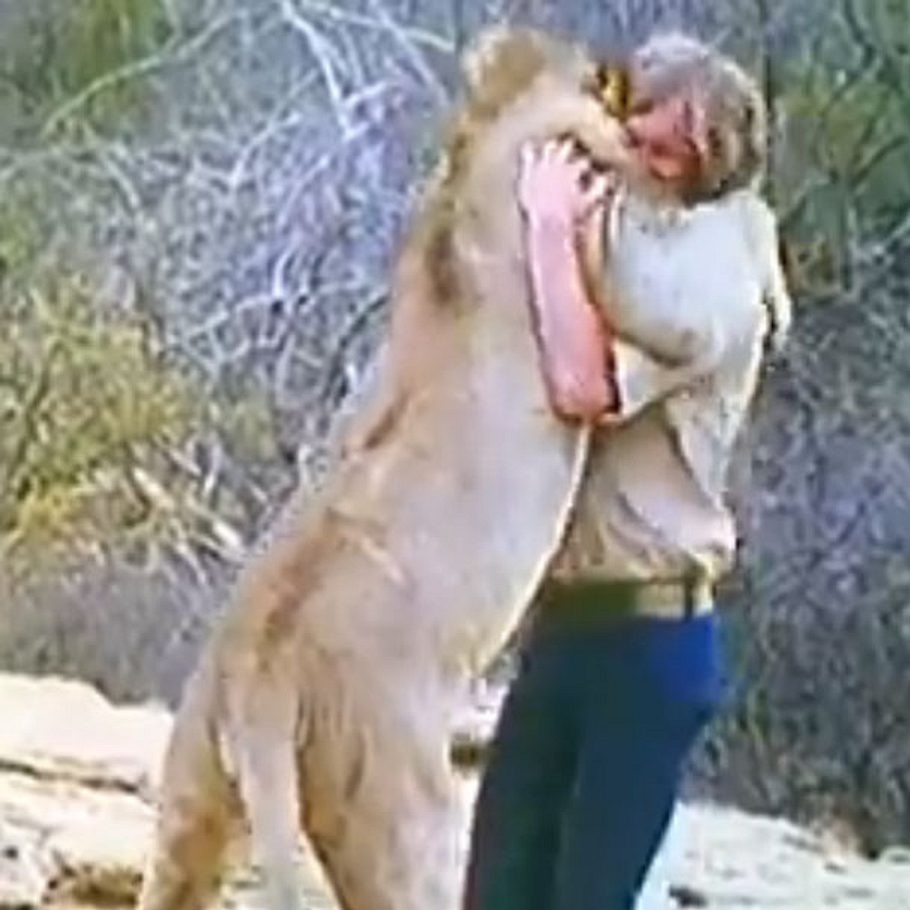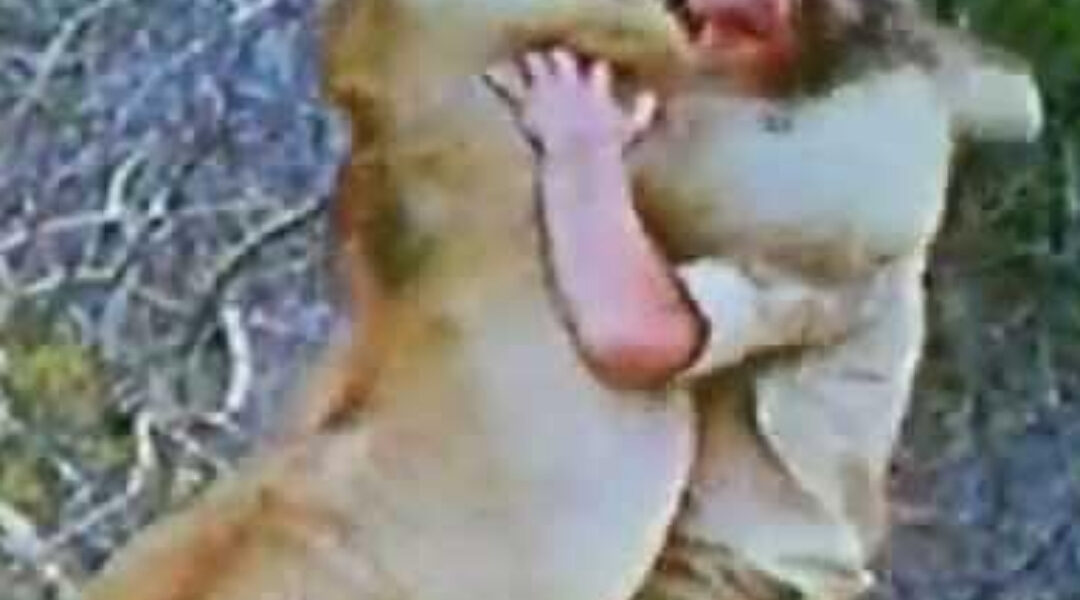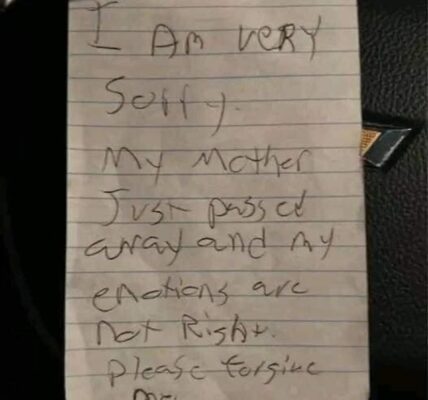In a world where some still see lions as trophies — like the infamous Walter Palmer who killed Cecil — there remains a deeper truth many overlook: lions are not symbols of conquest, but of connection. They are intelligent, affectionate creatures capable of profound emotion and loyalty.

Nowhere is that truth more beautifully proven than in the story of Christian the Lion.
In 1969, two young Australians, John Rendall and Anthony “Ace” Bourke, stumbled into a London department store — and found a lion cub for sale. Horrified yet captivated, they decided to give him a home. They named him Christian.
They raised him in their Chelsea apartment, where he slept on rugs, played in the garden, and became a beloved figure in the neighborhood. He was curious, mischievous, and gentle — more companion than wild animal. But as Christian grew, it became clear that love alone could not replace his true nature.
He belonged to the wild.

With the help of conservationist George Adamson, John and Ace made the heartbreaking decision to send Christian to Kenya, to be reintroduced into the wilderness. It was an act of love, not abandonment — a promise that he would live free.
Months passed. Then a year. Christian adapted, learned to hunt, and eventually became the leader of his own pride. But for John and Ace, one question remained: Would he still remember them?
In 1971, they traveled to Kenya to find out.

Adamson warned them that Christian had grown into a fully wild lion. He was powerful now, territorial, and it was possible — likely, even — that he would not recognize them. Still, they went.
As they approached the area where Christian’s pride was last seen, a tall figure appeared on the horizon. The lion stood still for a moment, then began to walk forward. Slowly at first — then faster.
And then it happened.

Christian broke into a full sprint, bounding toward the two men. When he reached them, he leapt — not in aggression, but in pure joy. He wrapped his massive paws around them and pressed his head against theirs.
The reunion was beyond words.
He licked their faces, rolled at their feet, and purred — the sound of a heart remembering love. Even more astonishing, he brought his pride forward — introducing them, as if to say, These are my people.

That extraordinary moment was captured on film, later becoming one of the most moving wildlife stories of all time. It inspired books, documentaries, and the creation of Born Free USA, a foundation dedicated to protecting wild animals worldwide.
Christian’s story, and the tragedy of Cecil decades later, remind us of what humanity often forgets: these magnificent creatures are not trophies to be taken, but families to be protected.
As John Rendall once said of Cecil, “He was a fine fellow, fathering wonderful cubs and leading his pride well. There are only around 3,000 alpha males like him left. You cannot hunt these creatures anymore. There is not enough left.”
Lions live in close-knit communities, raising their young together, grooming one another, showing affection in ways that echo our own. They mourn, they love, they remember.
And Christian proved that even across continents, across worlds, a lion’s heart — once touched by love — never forgets.




